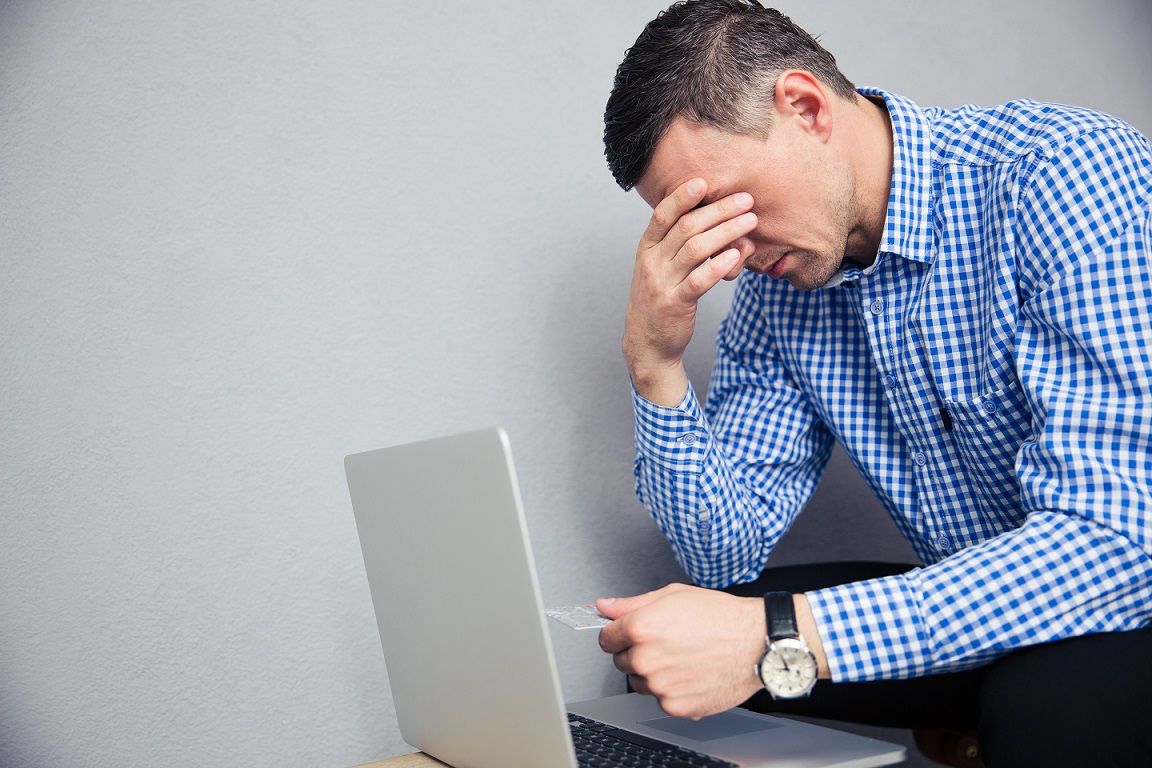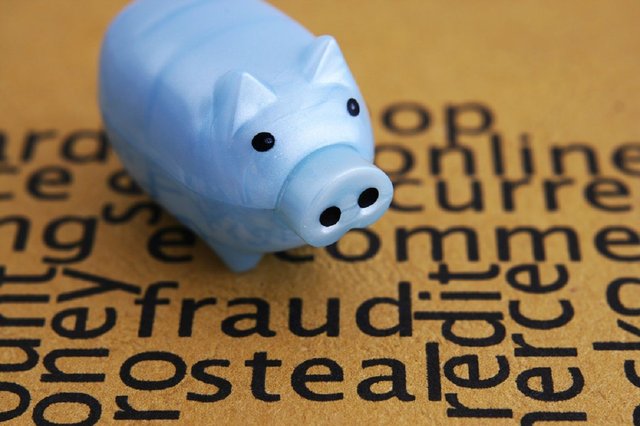Are crypto-criminals a threat to taking Steemit mainstream?
A couple of years ago, I noticed some suspicious withdrawals from my checking account. I contacted my bank immediately and reported them. It turned out that someone had stolen my credit card information from an online purchase I had made from a mainstream clothing retailer. The bank asked me to file a police report, where I learned that I wasn't the only one in our area to have money stolen from my account. However, within about a week, I had a new credit card and the bank had reimbursed the lost funds, so in the end, all I really lost in the ordeal was a few hours time.
Unfortunately, this isn't always the case. A couple of days ago, I learned that an acquaintance who has been investing heavily in cryptocurrency had lost a significant amount of his investments to theft. By "significant," I mean enough money to fund retirement for a modest spender. Enough money that, upon hearing the news, my first question was, "Is he ok?" (i.e. Should he be left alone right now?)

Courtesy of GraphicStock.com
It sounds like someone may have hacked into his computer, stolen his information and used it to empty his accounts, although I don't know the details of what happened. Or what will happen next. Will the sites he invested through refund his loss? Is there any point to filing a police report? Can you buy insurance against crypto theft?
If cryptocurrency were a beach, my knowledge would equal a bucket of sand. There is still so much I have yet to learn. And although I believe my general knowledge of technology is above average, I also know that that doesn't say a lot.
Arguably, I am the epitome of the mainstream audience that I believe Steemit is trying to reach. And here is my fear: that no matter how tech-savvy I become, no matter how much time and energy I put into it, I will not be able to protect myself from being hacked. There are so many individuals in this world whose technical expertise far surpasses my own. And some of them are assholes and thieves. And frankly, the idea that one of them could find a way to empty my own accounts -- whether they live next door or across the globe -- is truly scary.

Courtesy of GraphicStock.com
It's one thing to lose money because you've made a bad investment. It's another to have that money ripped from your grasp by a criminal.
As I said, I have a lot to learn. Maybe my fears are unjustified. Maybe they aren't. But I believe that unless we can provide regular people with some level of assurance that their assets are protected from theft, we'll have a very hard time convincing them to invest their money (and time and energy) in cryptocurrency and in sites like this.
What do you guys think?
You definitely have valid concerns for a newcomer to the world of cryptocurrencies and the perils of holding your own assets rather than entrusting them to another entity, like a bank.
I think what's even more concerning is that as newcomers come into the fold, do they have the proper practices in place to protect themselves? Are they creating strong passwords, do they care about 2 factor authentication? Do they understand the general process of securing their wallets? Do they understand and care why all these things matter? Will they get lazy and open themselves up to theft? If they can't secure their password well or any of these other things, they're opening themselves up to hacking and theft.
Scary, isn't it? The harsh reality is that this will become more common as each day passes.
How do we battle it? How do we protect ourselves? As our financial world has migrated from physical objects we carry (cash, coins, etc) to virtual objects (online accounts, cryptocurrency, etc), training and practices to keep our money safe have not kept up.
It was not that long ago that we were admonished to "don't wave your cash around", "don't leave your wallet/purse lying around in public" and "lock your car and keep your valuables out of sight".
But what does that look like when our money is virtual? Somewhere along the way the regular stream of advice to "keep your computer updated", "don't use public wi-fi" and "don't click on links in e-mails" didn't get connected with the big idea of Protect Your Virtual Stuff (which includes your money).
Food for thought . . . . and probably a blog post or two that hasn't gotten from my head to the keyboard.
A couple of months ago I had purchases on a credit card that the bank itself found suspicious, so they locked it up themselves.
The thing is, I never, ever used that card. It came with a savings account and was kept in a metal box at home. Which means: The data was stolen directly from the bank or from MasterCard.
They refunded it alright, but there is that loss of confidence when something like this happens.
I would assume that a whole new range of insurance companies will spring up to deal with the problem of hacked wallets. That'll take time of course, so meanwhile, keep your passwords save. Reaaally save.